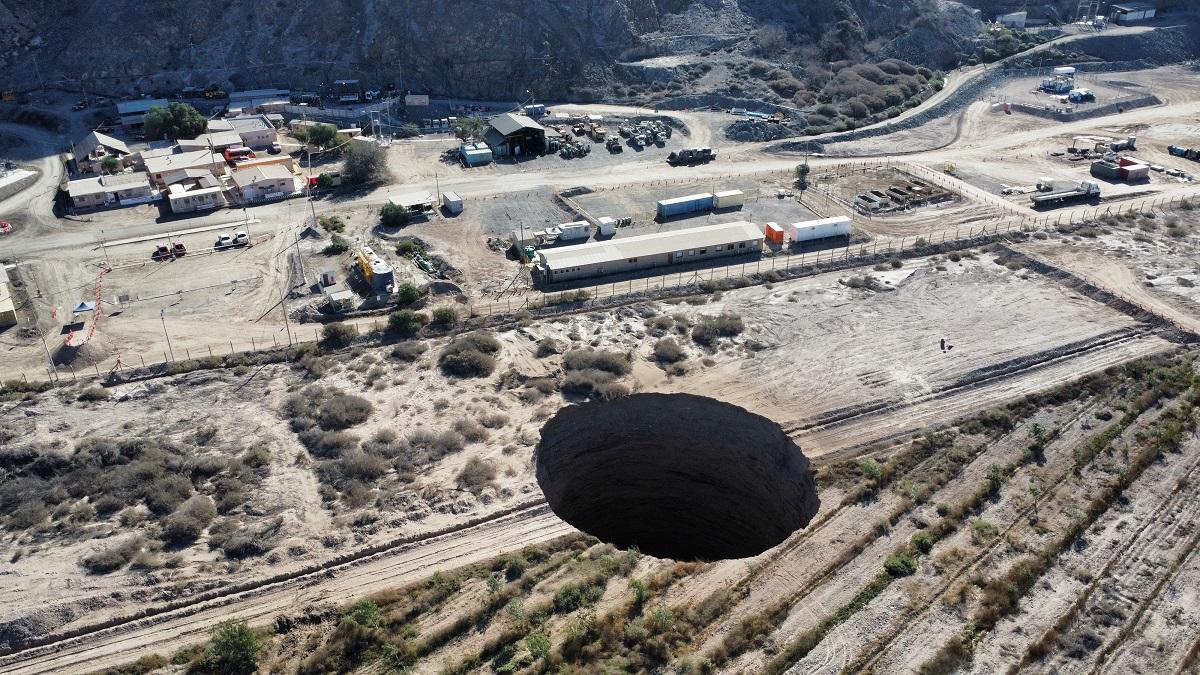More study needed to explain origin of Chile sinkhole — Lundin unit president

SANTIAGO, Chile - Multiple factors could have caused a sinkhole near a copper mine in Chile owned by Canada's Lundin Mining, the president of the miner's local unit said, disagreeing with a government assessment that it was likely responsible for the phenomenon.
Chile's environmental regulator SMA last week issued a series of measures against the Ojos del Salado mine, run by Lundin's local unit, alleging its "over-extraction of material" could have caused the sinkhole.
Ojos del Salado's president, Luis Sanchez, said the assessment only takes into account nearby mining activity, which alone could not explain the formation of the sinkhole that has grown to a diameter of 36.5 meters (39.9 yards).
"This phenomenon is clearly due to multiple factors in our opinion and in order to elucidate the origin it is necessary to analyze all these factors," said Sanchez in an interview with Reuters on Wednesday.
The executive said Lundin had conducted its own geophysical, topographic, hydrographic and other studies.
"While it is true that we cannot be sure of the cause, we can indicate through these studies that there are relevant factors like soil composition, climatic episodes like 2017 mudslides, July's rains and, of course, the mining activity under the sinkhole," he said.
During a visit to the site in the country's north on Thursday, Chilean President Gabriel Boric said resources had been made available so studies could be conducted to give people living near the sinkhole "peace of mind."
It was up to experts to define the cause of the phenomenon, he added, rather than "high authorities of the company involved."
Earlier this month, Mining Minister Marcela Hernando said Chile will apply harsh sanctions to those responsible for the huge sinkhole that appeared in late July in the mining region.
Sanchez said Lundin's studies show the subsoil in the area has a clay-calcareous composition, which "could have caused a progressive degeneration" that leads to sinkholes.
He also pointed to heavy rains two weeks prior to the sinkhole's formation that in three days dropped more precipitation than in 2017, last decade's wettest year.
Lundin owns 80% of the mine near the sinkhole, while 20% is held by Japan's Sumitomo Metal Mining and Sumitomo Corp.
Sanchez said Lundin has not been notified of any sanctions or responsibility over the sinkhole and continues to work on studies requested by Chile's environmental regulator SMA. -- Reuters



